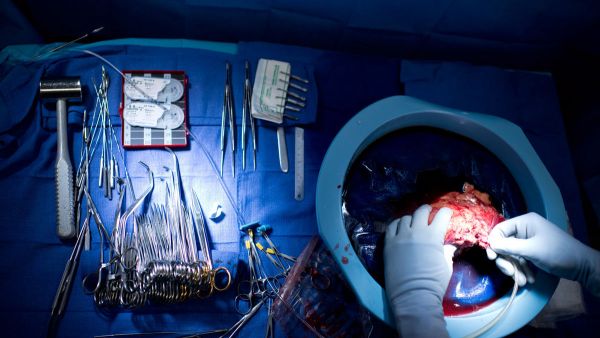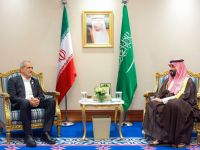Reports on Syria's organ trafficking during the war are nothing new. They've been circulating since the beginning years of the conflict.
Now a new document, Now Media reported Tuesday, was allegedly leaked from the "General Intelligence Unit" of the Syrian government. The document says "gangsters" in Hama are responsible for organ trafficking. It appears to be fake.
The sheet doesn't have any of the qualities usually seen on the regime's documents, like its logos and titles at the top. There's also no known "General Intelligence Unit."

If you take a look at what the so-called "leaked" document, it's a little hard to believe. Here's the gist:
We received information from the west part of Hama about two farms. ... The farms have about 200 kidnapped people. Our source stated that he saw with his own eyes an operation for organ trading for a man and a woman. He also stated that Lebanese doctors performed the surgeries and put the organs in special boxes and shipped them to Lebanon. The source also added that six operations were performed in one month. ...
The problem with false information on Syria's organ trafficking: It might be a real problem, with the truth clouded by politics. Organ trafficking was first mentioned by a Syrian women's nonprofit in August 2012.
Human organ trading flourished in Syria after the death of so many Syrians without the knowledge of their families. It constituted fertile ground for organ trading gangs.
Reports that followed accused factions from all sides of the conflict.
In October 2012, a Canadian outlet accused the Free Syrian Army. In April 2013, pro-Iranian sources said Turkish, French and US officials were involved. In April 2015, a regime-affiliated outlet said Daesh (ISIS) and opposition groups traded organs of Syrian refugees in Lebanon. And Turkish media in August 2015 said the regime profits off the practice.
Several legitimate reports hold Daesh responsible for organ trading in both Syria and Iraq. The only question is whether there’s more to the story.
By Hayat Norimine







